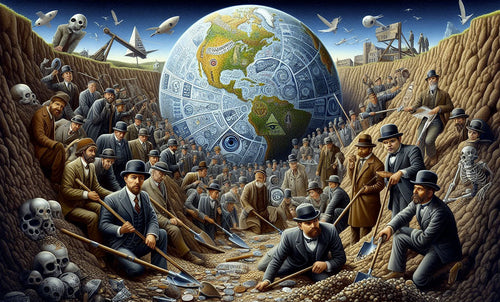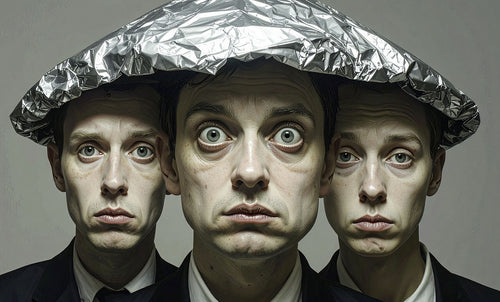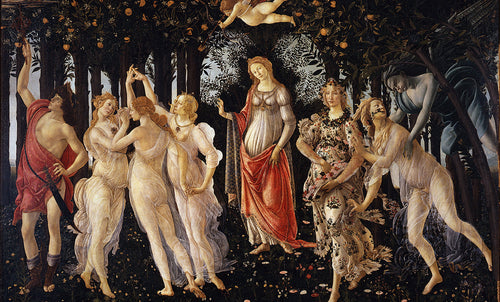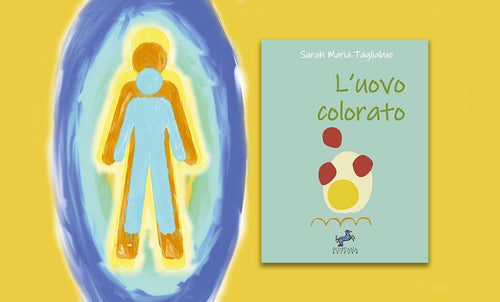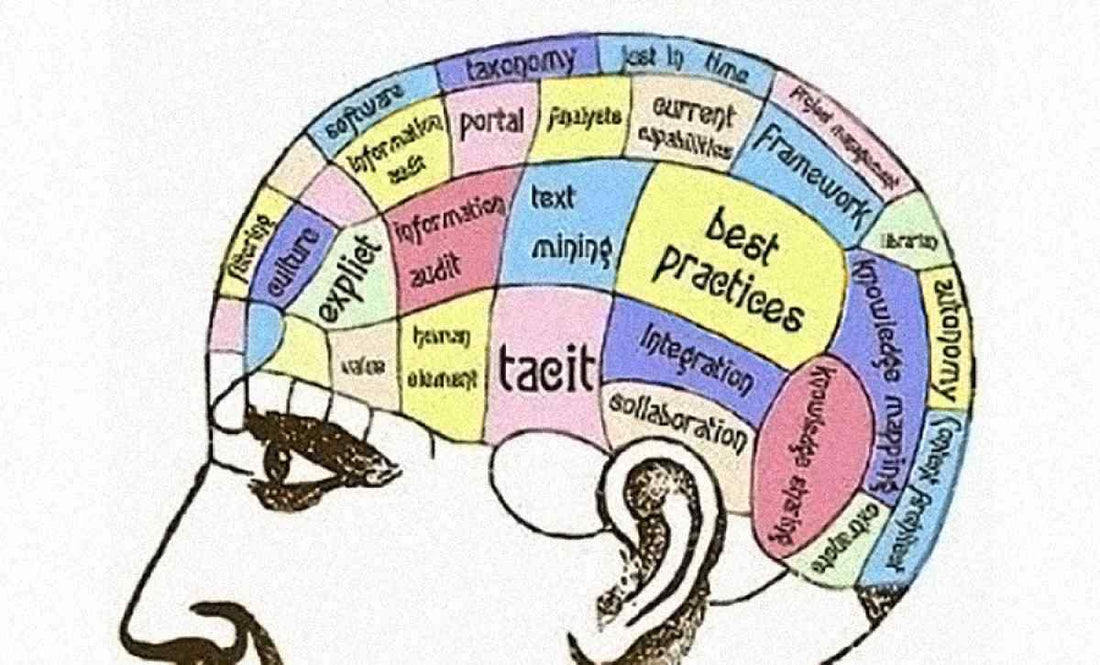
Science is not a certainty but a continuous innovation
Leonardo AnfolsiIn a very strange move for the history of thought, suddenly, epistemology – a term that has always referred to episteme ἐπιστήμη , or to the ultimate question – became the discipline concerned with certain knowledge and how such knowledge might be possible; moreover, it became the discipline that celebrated the history of this new and evolving trend.
By emphasizing this fact I want to show a small disaster: the passage from a possible search for facts to a real mass-religion-of-agreed-facts.
Yet for Plato episteme was the truth dictated by reasoning (diànoia) and intuition ( noesis = noetic inspiration) that comes from the understanding of facts taken as such, that is, looked at by a deafening silence, by a state of uncommon ascetic contemplation, obtained with great dedication and insistence, completely similar to the meditative state obtained in Buddhist meditation, translated at the time into Greek as eusebeia,εὐσέβεια
Episteme would essentially mean that which holds itself to itself , therefore it is the evidence of reality itself, something which can only be spoken of with great caution and not in terms of faith, academicism or identity, and which therefore cannot be divulged.
One of the scientific superstitions that most unites those who do not understand science, and therefore not even episteme, is a vague and stubborn faith: that of living in the best of all possible worlds thanks to a continuous discovery of new findings destined to increasingly improve the living conditions of humanity.
That this idea is false as well as obscuring becomes clear when we realize how science (commonly confused with technology ) does not actually benefit the entire human race nor its best, but rather, is totally subjected to the economic calculation of third parties.
So the characters in this drama are, as always:
- who produces discoveries, or wonder, narration or certainty ,
- who should benefit from it on a social scale,
- who really benefits from it (wealthy – elected – manager).
Within this dynamic we know that one or more characters firmly believe in it instead of looking at its aspects and recognizing its gray areas.
The real users, once, were the nobles or the princes of the church, while today they are private institutions of a supranational nature. This latter reality may not even concern us, except that it invades and tends to manipulate information, discoveries, research, inventions and the use of all that.
Those who are easy-going see this as a conspiracy, those who want to understand this game instead see it as common sense transformed into political credibility, economic calculation, attachment to identity roles.
Since science has been a mass phenomenon for more than two centuries now, it is clear that it undergoes the same deviations and alterations that occurred in mass religions, that is, all those pressures derived from the collective unconscious and the critical mass of those who have made science their faith and, consequently, have made their work of research or implementation a priesthood.
In addition to the identity and economic factors, capable of deeply polluting the results of any scientific research, these results can be considered as the product of past theories now crystallized into certainties; and this even if these results are considered an innovation, which clearly shows how difficult it is - on such bases - to accommodate all the possible variables that reality and the most sincere research offer us every moment; on paper it should be like this, since science is a fertile field of infinite variables to explore, but it is never like this, and this is reflected in the identity attitude of almost all those involved.
As the famous physicist David Bohm said:
“For there to be a change in theory, an entire generation of physicists needs to die.”
A dear physicist friend told me how his colleagues, convinced of a completely bizarre new theory, made the European community spend billions on particle accelerators and other instruments, so as not to obtain the nothingness that he had already predicted, and how he was subtly threatened by colleagues who had an interest in receiving that funding.
Obviously the acquaintance in question does not allow me to mention his name.
From what has been said comes the fundamental intuition that when we speak of fringe science we are actually evoking all those researches that have been abandoned to follow the flow of the main currents – the famous mainstream – deviations always motivated by oblique, or unconscious, needs, if not merely commercial and/or political.
As has been said, an even more dangerous factor is, in these times, political credibility , an aspect of real politique that is orienting the decisions of sovereign states towards the interests of private individuals who pay well or are very capable of representing their proposal in convincing terms; in the past this was the case for nuclear power , today it is for hyper-vaccination .
Knowing the most crass American mentality, one can come to imagine that science could even take inspiration from science fiction, and we would not be very wrong, because this happens punctually, simply because scientists are men; to understand the seriousness of this, we should consider how, on average, there is a lack of sincere humanistic preparation in scientists, a fact that often creates in them a chasm of projective presumption on every subject, address, discipline, person, only because the reductionist ideology implies a materialism that explains everything and that would shine in itself, as an evident truth (decay of the concept of episteme into doxa ) that, in reality, once again, they want to highlight as revealed truth.
And therefore not requiring a demonstration thanks to its perfect coordinates; and we can well understand how this is more gripping than any previous revealed truth.
Today we are able to define our cartographic position in the universe with millimetric precision, and we are even able, with an electronic instrument, to detect this position alphanumerically; yet we invented the concept of "map" and it is not at the center of the universe.
And above all, it is not the truth, given that having to find – for example – a person to love, or to ask something unusual of, we must be willing to lose ourselves in the labyrinth of life, avoiding chance, habits, calculations, maps and coercions.
Gregory Bateson, to make this clear to us, used the famous motto: “The map is not the territory”.
Fortunately, every century, “returns” occur, potentialities that have been dormant for a long time are ignited, intuitions that awaken in the collective memory, possibilities that were unpredictable until the day before, but which in reality are concrete facts; unless one wants to continue to see the facts through theories, instead – as would be the statement of principle – of building scientific theories that are not concluded and systemic, but truly open to every variable and, above all, based on the facts. This banal error of evaluation, visible however to true philosophers and not to “scientists”, seems to me to be, in fact, the root of every current problem.
I quote Bohme again:
“What is the source of all these problems? I am saying that the source is mainly in thought. Many may think that this is madness, considering that thought is the only thing we have to solve our problems and that it is part of our tradition to use it; yet it seems that what we use to solve our problems is the very source of our problems. It is like going to the doctor to get infected by them.”

